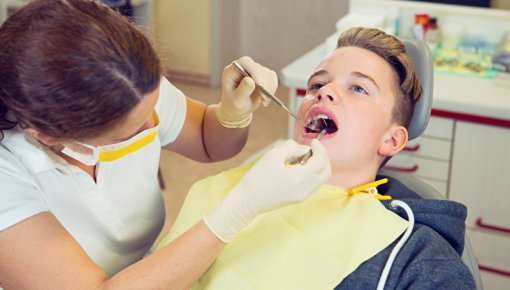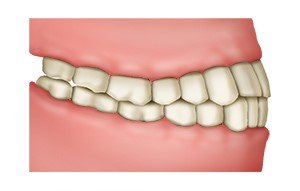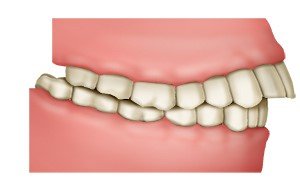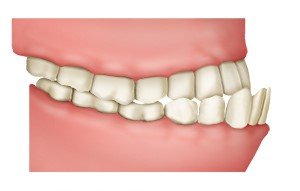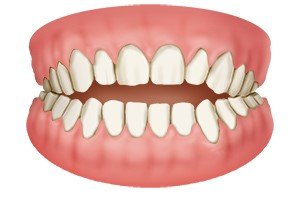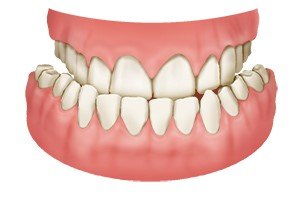Batista KB, Thiruvenkatachari B, Harrison JE et al. Orthodontic treatment for prominent upper front teeth (Class II malocclusion) in children and adolescents. Cochrane Database Syst Rev 2018; (3): CD003452.
Deutsche Gesellschaft für Kieferorthopädie (DGKFO), Deutsche Gesellschaft für Zahn-, Mund- und Kieferheilkunde (DGZMK). Ideale Behandlungszeitpunkte kieferorthopädischer Anomalien (S3-Leitlinie). AWMF-Registernr.: 083-038. 2021.
Gemeinsamer Bundesausschuss (G-BA). Richtlinien des Bundesausschusses der Zahnärzte und Krankenkassen für die kieferorthopädische Behandlung. 2004.
Lentini-Oliveira DA, Carvalho FR, Rodrigues CG et al. Orthodontic and orthopaedic treatment for anterior open bite in children. Cochrane Database Syst Rev 2014; (9): CD005515.
Lippert H. Lehrbuch Anatomie. München: Urban und Fischer; 2017.
Marcílio Santos E, Kalil Bussadori S, Ratto Tempestini Horliana AC et al. Functional orthopedic treatment for anterior open bite in children. A systematic review of randomized clinical trials. J Orofac Orthop 2022 [Epub ahead of print].
Menche N. Biologie Anatomie Physiologie. München: Urban und Fischer; 2020.
Millett DT, Cunningham SJ, O'Brien KD et al. Orthodontic treatment for deep bite and retroclined upper front teeth in children. Cochrane Database Syst Rev 2018; (2): CD005972.
Patel N, Hodges SJ, Hall M et al. Development of the Malocclusion Impact Questionnaire (MIQ) to measure the oral health-related quality of life of young people with malocclusion: part 1 - qualitative inquiry. J Orthod 2016; 43(1): 7-13.
Pschyrembel online. 2022.
Ryan FS, Barnard M, Cunningham SJ. Impact of dentofacial deformity and motivation for treatment: a qualitative study. Am J Orthod Dentofacial Orthop 2012; 141(6): 734-742.
Sander FG, Schwenzer N, Ehrenfeld M. Zahn-Mund-Kiefer-Heilkunde: Kieferorthopädie. Stuttgart: Thieme; 2011.
Turner S, Harrison JE, Sharif FN et al. Orthodontic treatment for crowded teeth in children. Cochrane Database Syst Rev 2021; (12): CD003453.
Ugolini A, Agostino P, Silvestrini-Biavati A et al. Orthodontic treatment for posterior crossbites. Cochrane Database Syst Rev 2021; (12): CD000979.
IQWiG health information is written with the aim of helping people understand the advantages and disadvantages of the main treatment options and health care services.
Because IQWiG is a German institute, some of the information provided here is specific to the German health care system. The suitability of any of the described options in an individual case can be determined by talking to a doctor. informedhealth.org can provide support for talks with doctors and other medical professionals, but cannot replace them. We do not offer individual consultations.
Our information is based on the results of good-quality studies. It is written by a team of health care professionals, scientists and editors, and reviewed by external experts. You can find a detailed description of how our health information is produced and updated in our methods.
